November 04, (THEWILL) — Former United States Vice President, Dick Cheney, has died, his family announced in a statement on Tuesday.
“His beloved wife of 61 years, Lynne, his daughters, Liz and Mary, and other family members, were with him as he passed”, the statement said, adding that he died due to complications of pneumonia and cardiac and vascular disease.
“Dick Cheney was a great and good man who taught his children and grandchildren to love our country, and to live lives of courage, honour, love, kindness, and fly fishing. We are grateful beyond measure for all Dick Cheney did for our country. And we are blessed beyond measure to have loved and been loved by this noble giant of a man”, the family said.
The 84-year-old Republican was one of the most polarising vice presidents in US history under George W. Bush from 2001 to 2009, and was a leading advocate of the invasion of Iraq in 2003.



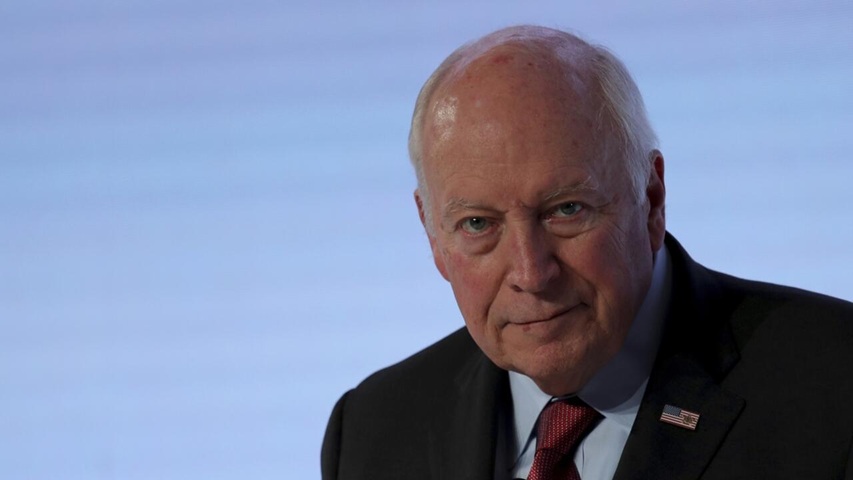







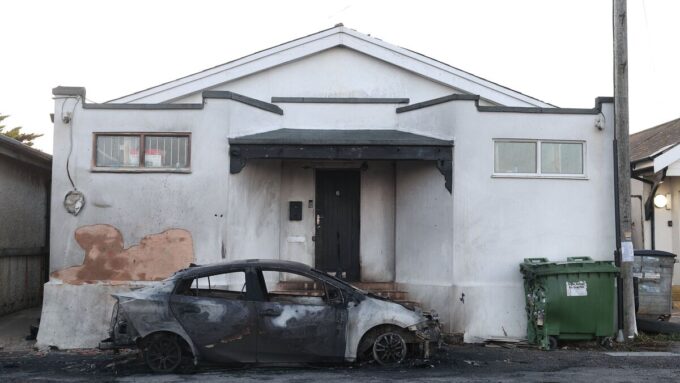
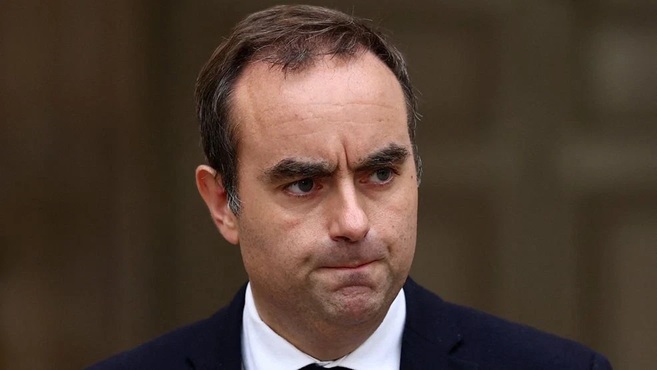




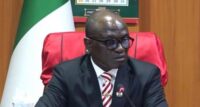
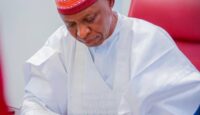

Leave a comment